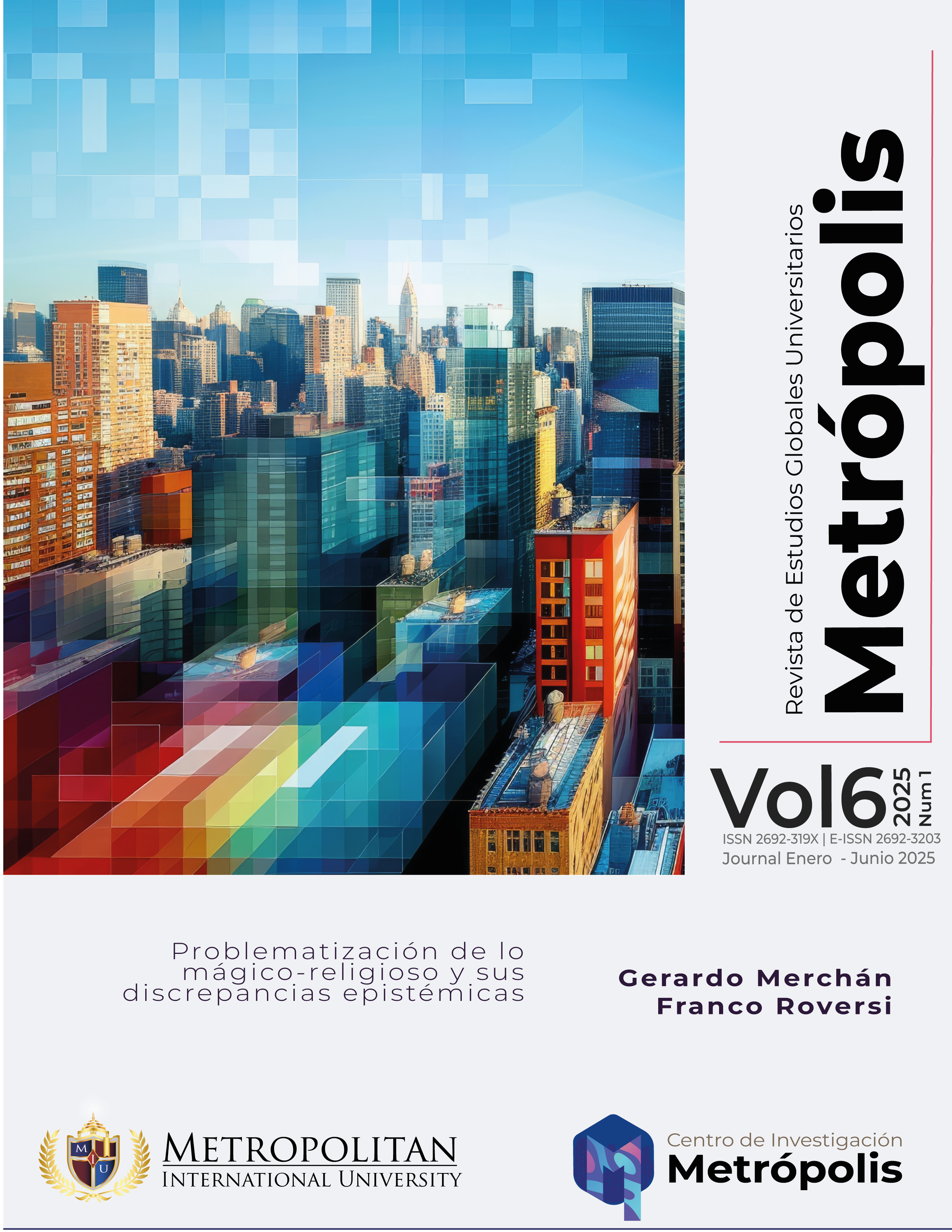Problematization of the magical-religious and its epistemic discrepancies
Keywords:
Cultural Syncretism, Cultural Hegemony, Cultural Pluralism, Intangible Cultural HeritageAbstract
This text provides an epistemological critique of the theoretical frameworks traditionally used to analyze the religious phenomenon in Latin America, focusing on Amero-origin and Yoruba syncretism. Its central argument posits that the application of European paradigms—specifically Lévi-Strauss's structuralism (from an anthropological perspective) and positivism—exerts a symbolic violence by categorizing these complex worldviews with the reductionist label of magical-religious. This classification, rooted in a monotheistic and Cartesian rationality, strips Latin American religare of its existential vitality, its polysemantic logic, and its transcomplex dynamics, interpreting it as a primitive stage rather than a coherent and continuously evolving thought system. Confronted with this external explanatory approach, the text advocates for an epistemic turn through a hermeneutic phenomenological investigative methodology with a decolonial turn approach. This perspective allows moving from merely explaining the religious fact as an objective to understanding the cultural event from its own enunciative position (Mignolo and Dussel), recognizing the subjectivities and intersubjectivities that give it meaning. This approach directly aligns with SDG 10, reducing inequalities, by challenging epistemic hierarchies that subordinate non-Western knowledge; and SDG 4, quality education, by advocating for an education that decolonizes thought and values cultural diversity in its own complexity.

Downloads
Published
How to Cite
Issue
Section
License

This work is licensed under a Creative Commons Attribution-NonCommercial-ShareAlike 4.0 International License.



